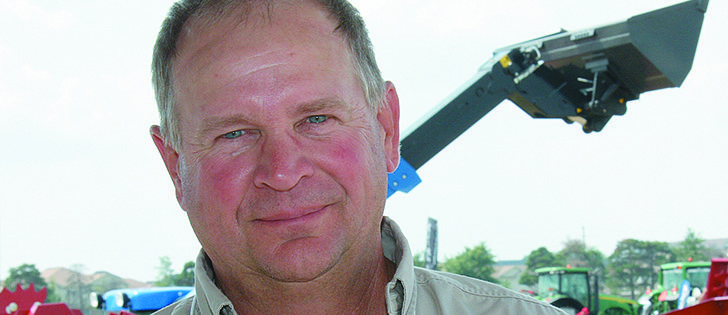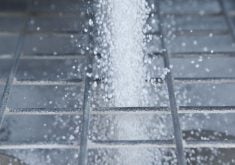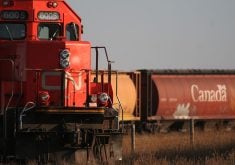Total manure agitation | Uniform nutrient distribution maximizes returns
GUELPH, Ont. — A young man’s dream of taking over the family farm doesn’t always pan out as planned. Sometimes it turns to crap.
That’s what happened to Iowa farm boy Ben Puck, who had aspirations of taking over the family farm after graduating from high school in 1977.
“I thought I’d take off to college for four years to get some kind of a degree in agriculture, then come back and take over the farm from Dad,” he said.
Read Also

StatCan stands by its model-based crop forecast
Statistics Canada’s model-based production estimates are under scrutiny, but agency says it is confident in the results.
“But Dad had other ideas. He said the farm would be sold long before my four years were up. No way he was going to keep farming another four years just so I could come back to take it over. He was quite clear about that.”
All of which put the younger Puck in a tight position. He needed cash flow if he had any hope of buying out his father, and he needed the cash to come quick.
Puck saw that the dairy, hog and beef sectors in his area were expanding rapidly, but manure removal and pollution were becoming major problems.
The opportunity was there for off-farm income and Puck seized it, buying a single-axle, 1,500 gallon pump truck. He worked long hours during the spring and fall slurry spread seasons to keep up with the increasing demand for his services.
All this while working the farm he had bought from his father.
“Farmers just didn’t foresee the problem they were creating with all that manure,” he said.
“So we moved in to do what we could. We worked 18 hour days, but we did fantastic. Basically, the industry was a baby yet to walk. The technology was very primitive.”
That primitive state gave Puck a clear road to become a North American leader in developing equipment and systems to improve the way livestock producers manage manure and nutrients.
Over the past 35 years, his name has become associated with innovations in the industry.
Puck sees two distinct possibilities for the future.
Farmers can become more active in finding new ways to safely use nutrients and eliminate emissions, which the public finds offensive. If they don’t, government will step in and place even more restrictive regulations on livestock operations.
“Livestock operators have to do their due diligence in finding an economic value for the nutrient in that product,” he said.“That in itself should solve the problem. Look at manure as an asset.”
Puck said stratification is likely the biggest factor working against liquid manure as a reliable fertilizer.
“From a strictly technological point of view, farmers need better mixing and better agitation to extract full value from the liquid.
“The only payment you can expect is based on the nutrient value of the poorest gallon in your tank, the gallon with the least nutritional value for a crop,” he said.
“If you can achieve total mixing, or totally uniform distribution of all the nutrients, you raise the cash value of your product. But to sell your product as widely as possible, you have to prove that nutrient value to your customers.”
Selling nutrients as widely as possible is a key element. Every livestock operation has a saturated circle that has had more than enough manure over the years. Livestock operators must now find a way to economically sell manure beyond that circle.
For more information, contact Puck at 712-653-3045 or visit www.puckenterprises.com.


















